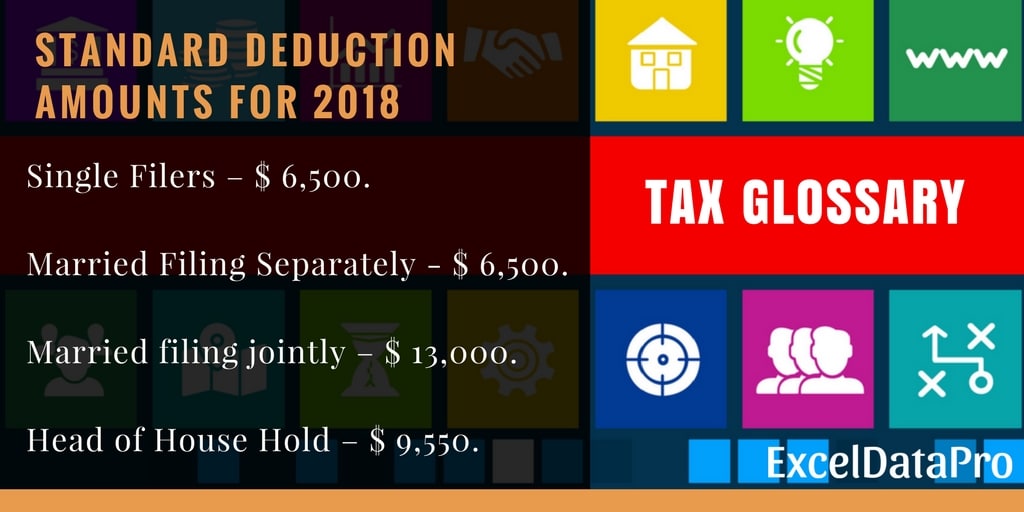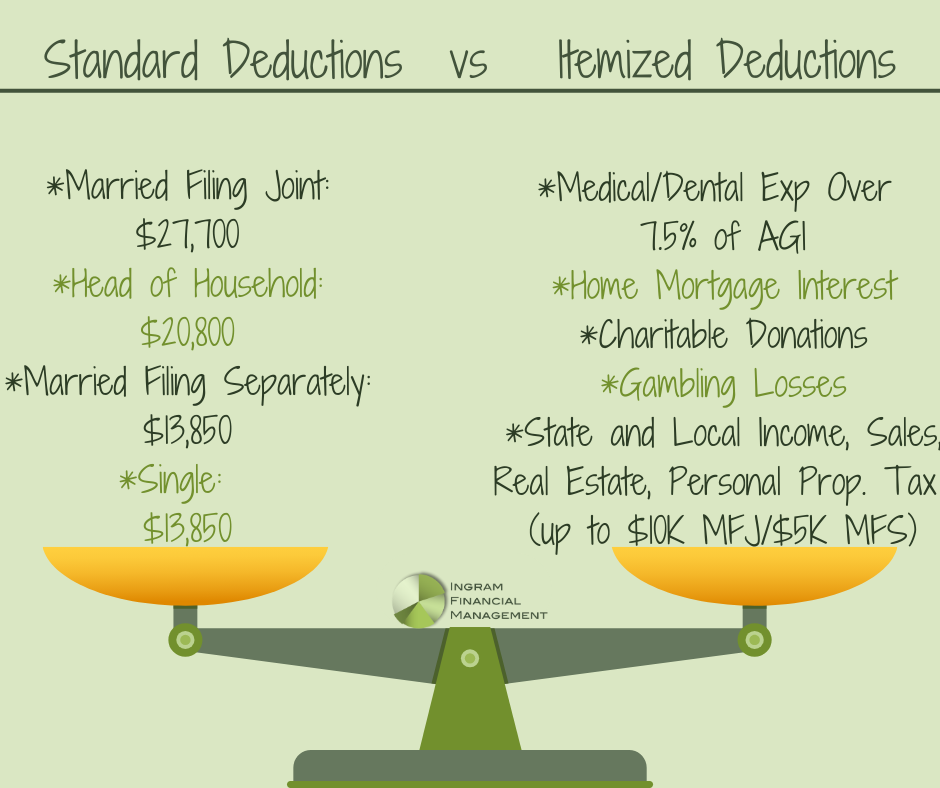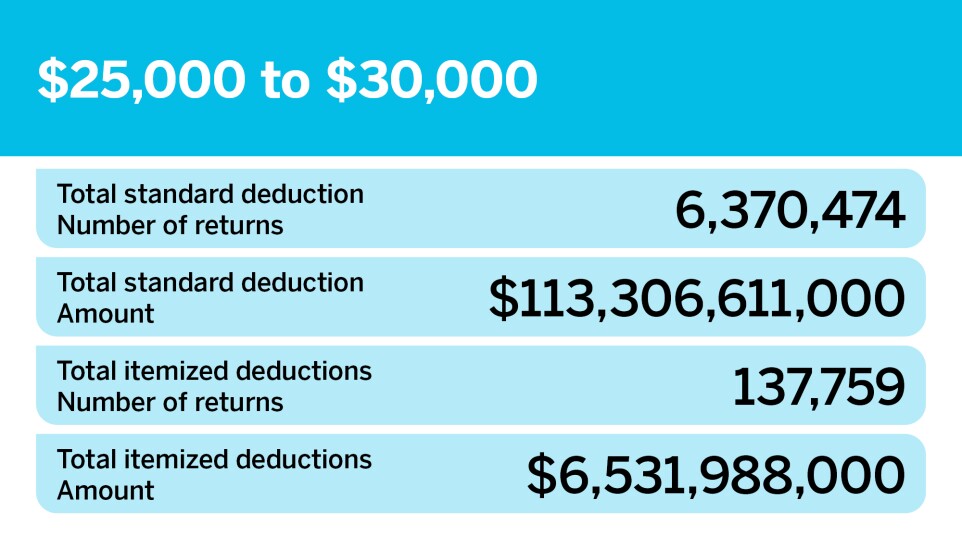A comparison of itemized deductions vs. the FEIE Standard Deduction for expats
Wiki Article
All You Required to Find Out About the Foreign Earned Income Exemption and Its Link to the Standard Deduction
The Foreign Earned Revenue Exemption (FEIE) presents a crucial possibility for united state residents and resident aliens working abroad to reduce their gross income. Understanding the eligibility criteria and claiming procedure is crucial. The communication in between the FEIE and the standard reduction can complicate tax technique. Errors in maneuvering these regulations can cause missed out on benefits. Exploring these aspects discloses important details for effective tax obligation planning and optimizing monetary benefits.Comprehending the Foreign Earned Income Exemption (FEIE)
The Foreign Earned Revenue Exemption (FEIE) functions as an important tax provision for united state citizens and resident aliens who function abroad, enabling them to leave out a substantial part of their foreign-earned revenue from U.S. government taxation. This arrangement is vital for people living outside the USA, as it aids reduce the economic concern of dual taxation on income made in international countries. By making use of the FEIE, qualified taxpayers can reduce their taxable earnings significantly, promoting economic security while living and functioning overseas. The exemption quantity is readjusted each year for rising cost of living, guaranteeing it mirrors existing financial problems. The FEIE is specifically helpful for those in areas with a higher expense of living, as it permits them to keep more of their incomes. Recognizing the auto mechanics and ramifications of the FEIE equips migrants to make educated financial choices and enhance their tax circumstances while living abroad.Qualification Needs for the FEIE
To qualify for the Foreign Earned Revenue Exemption, people need to meet specific qualification needs that consist of the Residency Examination and the Physical Existence Test. Additionally, employment status plays an essential role in determining qualification for this tax obligation benefit. Recognizing these criteria is important for any person looking for to benefit from the FEIE.
Residency Examination Standard
Establishing eligibility for the Foreign Earned Income Exclusion (FEIE) rests on meeting particular residency examination requirements. Mainly, people have to establish their tax obligation home in a foreign country and demonstrate residency through either the authentic house examination or the physical presence examination. The bona fide house examination needs that a taxpayer has actually established a permanent home in a foreign country for a nonstop period that covers an entire tax year. This includes demonstrating intent to make the international place a primary home. Furthermore, the taxpayer has to display ties to the international country, such as safeguarding housing, work, or household links. Fulfilling these residency criteria is essential for certifying for the FEIE and successfully lowering tax responsibilities on made income abroad.Physical Presence Examination
Satisfying the residency standards can additionally be achieved via the physical presence examination, which provides an alternative course for qualifying for the Foreign Earned Revenue Exclusion (FEIE) To please this test, an individual need to be literally present in a foreign country for at the very least 330 complete days during a successive 12-month duration. This need highlights the relevance of actual physical visibility, instead of simply preserving a residence abroad. The 330 days do not need to be successive, permitting adaptability in travel arrangements. This examination is specifically helpful for united state residents or residents functioning overseas, as it enables them to exclude a considerable section of their foreign gained revenue from U. FEIE Standard Deduction.S. tax, thereby minimizing their total tax obligation obligationWork Standing Demands
Eligibility for the Foreign Earned Income Exemption (FEIE) rests on particular employment condition demands that people must meet. To qualify, taxpayers need to show that their revenue is obtained from international sources, commonly via employment or self-employment. They should be either an U.S. resident or a resident alien and preserve a tax home in an international nation. Furthermore, people need to fulfill either the Physical Existence Examination or the Authentic House Test to develop their international condition. Independent people need to report their net profits, ensuring they do not go beyond the well-known exemption limitations. It's important for applicants to maintain proper documents to confirm their cases concerning employment standing and international earnings throughout the tax obligation year.Exactly how to Assert the FEIE

Eligibility Needs Described
For individuals seeking to profit from the Foreign Earned Earnings Exemption (FEIE), comprehending the qualification needs is important. To qualify, one must satisfy two key examinations: the bona fide residence test or the physical existence examination. The bona fide house test relates to those who have actually developed a copyright in a foreign nation for a nonstop duration, commonly a year or more. Conversely, the physical existence examination needs people to be physically existing in a foreign country for at the very least 330 days during a 12-month period. FEIE Standard Deduction. In addition, only earned income from international resources gets exclusion. Fulfilling these standards is important for taxpayers wanting to reduce their taxed revenue while living abroadEssential Tax Obligation Types
Just how can one efficiently declare the Foreign Earned Earnings Exclusion (FEIE)? To do so, details tax obligation types should be utilized. The main type required is internal revenue service Type 2555, which enables taxpayers to report foreign gained revenue and declare the exclusion. This kind requires detailed details concerning the individual's international residency and the income made while living abroad. In addition, if asserting the exclusion for housing expenses, Type 2555-EZ may be used for simplicity, provided specific criteria are satisfied. It is crucial to guarantee that all needed areas of the types are finished accurately to avoid delays or problems with the internal revenue service. Recognizing these forms is necessary for making the most of the benefits of the FEIE.Filing Refine Steps
Declaring the Foreign Earned Revenue Exemption (FEIE) includes a collection of clear and well organized steps. Individuals have to determine their qualification, validating they meet the physical presence or bona fide residence examinations. Next, they need to finish IRS Type 2555, detailing income earned abroad and any applicable exclusions. It is vital to collect supporting paperwork, such as international income tax return and proof of house (FEIE Standard Deduction). After filling in the kind, taxpayers should attach it to their annual tax return, usually Kind 1040. Filing digitally can enhance this process, however making certain exact details is vital. People must keep duplicates of all submitted kinds and sustaining files for future reference in case of audits or queries from the Internal revenue service.The Criterion Reduction: An Introduction
The typical deduction functions as an essential tax obligation benefit that streamlines the filing procedure for many individuals and family members. This reduction allows taxpayers to reduce their gross income without the need to itemize deductions, making it an eye-catching option for those with uncomplicated monetary circumstances. For the tax year, the typical reduction quantity differs based upon declaring status, with different thresholds for single filers, married pairs filing jointly, and heads of family.
The standard deduction is adjusted annually for rising cost of living, guaranteeing its importance over time. Taxpayers that certify can select between the basic deduction and itemizing their deductions, commonly selecting the greater benefit. By giving a baseline deduction, the standard reduction supports taxpayers in lowering their total tax obligation liability, thus boosting their monetary setting. Go Here Comprehending the common reduction is crucial for reliable tax planning and taking full advantage of prospective cost savings for households and people alike.
Interaction Between FEIE and Standard Reduction
While both the Foreign Earned Revenue Exclusion (FEIE) and the common reduction offer to minimize taxable income, their communication can significantly influence a taxpayer's general tax responsibility. Taxpayers who certify for the FEIE can omit a substantial quantity of their foreign-earned earnings, which may influence their eligibility for the standard deduction. Particularly, if a taxpayer's foreign earnings is totally excluded under the FEIE, their taxable earnings might drop listed below the limit required to assert the common deduction.It is essential to keep in mind that taxpayers can not double-dip; they can not make use of the exact same income to claim both the FEIE and the common deduction. When figuring out the best approach for tax reduction, this implies that careful consideration is required. Eventually, understanding exactly how these two stipulations engage makes it possible for taxpayers to make informed decisions, ensuring they maximize their tax obligation benefits while continuing to be certified with internal revenue service guidelines.
Tax Obligation Benefits of Making Use Of the FEIE
Using the Foreign Earned Income Exclusion (FEIE) can give remarkable tax advantages for united state people and resident aliens living and working abroad. This exclusion allows qualified people to leave out a specific quantity of foreign-earned earnings from their taxed earnings, which can result in significant tax cost savings. For the tax obligation year 2023, the exemption amount depends on $120,000, substantially lowering the gross income reported to the internal revenue service.
In addition, the FEIE can aid stay clear of dual taxes, as international tax obligations paid on this revenue might likewise be eligible for credit ratings or reductions. By strategically using the FEIE, taxpayers can retain more of their revenue, permitting for enhanced financial security. The FEIE can be helpful for those that qualify for the bona fide home test or physical existence examination, offering flexibility in handling pop over to this site their tax obligation obligations while living overseas. In general, the FEIE is an important tool for expatriates to optimize their economic sources.

Typical Mistakes to Stay Clear Of With FEIE and Typical Deduction
What risks should taxpayers recognize when declaring the Foreign Earned Earnings Exclusion (FEIE) together with the standard reduction? One usual blunder is thinking that both advantages can be claimed at the same time. Taxpayers should understand that the FEIE has to be declared prior to the standard deduction, as the exclusion basically minimizes gross income. Failing to fulfill the residency or physical presence tests can additionally result in ineligibility for the FEIE, causing unanticipated tax responsibilities.In addition, some taxpayers overlook the requirement of appropriate documentation, such as keeping records of foreign income and traveling dates. One more frequent error is overestimating the exemption amount, possibly because of incorrect forms or misconception of tax obligation policies. Inevitably, people must bear in mind that asserting the FEIE can impact qualification for particular tax debts, which can complicate their general tax obligation scenario. Understanding of these challenges can aid taxpayers navigate the intricacies of international tax better.
Regularly Asked Inquiries
Can I Assert FEIE if I Live Abroad Part-Time?
Yes, a person can declare the Foreign Earned Revenue Exclusion if they live abroad part-time, given they fulfill the needed demands, such as the physical presence or bona fide house examinations laid out by the IRS.Does FEIE Affect My State Tax Obligation Responsibilities?
The Foreign Earned Earnings Exclusion (FEIE) does not directly affect state tax obligation responsibilities. States have varying policies relating to income made abroad, so people ought to consult their details state tax obligation laws for accurate guidance.Exist Any Expiration Dates for FEIE Claims?
Foreign Earned Income Exemption (FEIE) claims do not have expiration days; nevertheless, they must be claimed annually on tax returns. Failing to claim in a provided year may cause lost exemption advantages for that year.How Does FEIE Impact My Social Safety And Security Advantages?
The Foreign Earned Income Exclusion (FEIE) does not directly influence Social Safety and security benefits, as these advantages are based on lifetime revenues. Nonetheless, omitted earnings might reduce overall incomes, possibly influencing future benefit computations.Can I Revoke My FEIE Insurance Claim After Submitting?
Yes, a person can revoke their International Earned Income Exclusion insurance claim after declaring. This abrogation needs to be submitted via the proper tax return, and it will certainly affect their tax commitments and prospective deductions moving on.The Foreign Earned Revenue Exclusion (FEIE) presents an essential possibility for United state citizens and resident aliens working abroad to lower their taxable revenue. Understanding the Foreign Earned Earnings Exemption (FEIE)
The Foreign Earned International Exclusion RevenueExemption) serves as offers essential tax crucial tax obligation Arrangement citizens united state people aliens who work abroad, allowing them to exclude a leave out portion substantial their foreign-earned income from Revenue federal united state. While both the Foreign Earned Revenue Exemption (FEIE) and the conventional deduction offer to reduce taxable income, their communication can substantially influence a Continue taxpayer's total tax liability. Making Use Of the Foreign Earned Income Exemption (FEIE) can provide significant tax benefits for U.S. residents and resident aliens living and working abroad. Foreign Earned Earnings Exemption (FEIE) claims do not have expiry dates; however, they have to be claimed each year on tax returns.
Report this wiki page